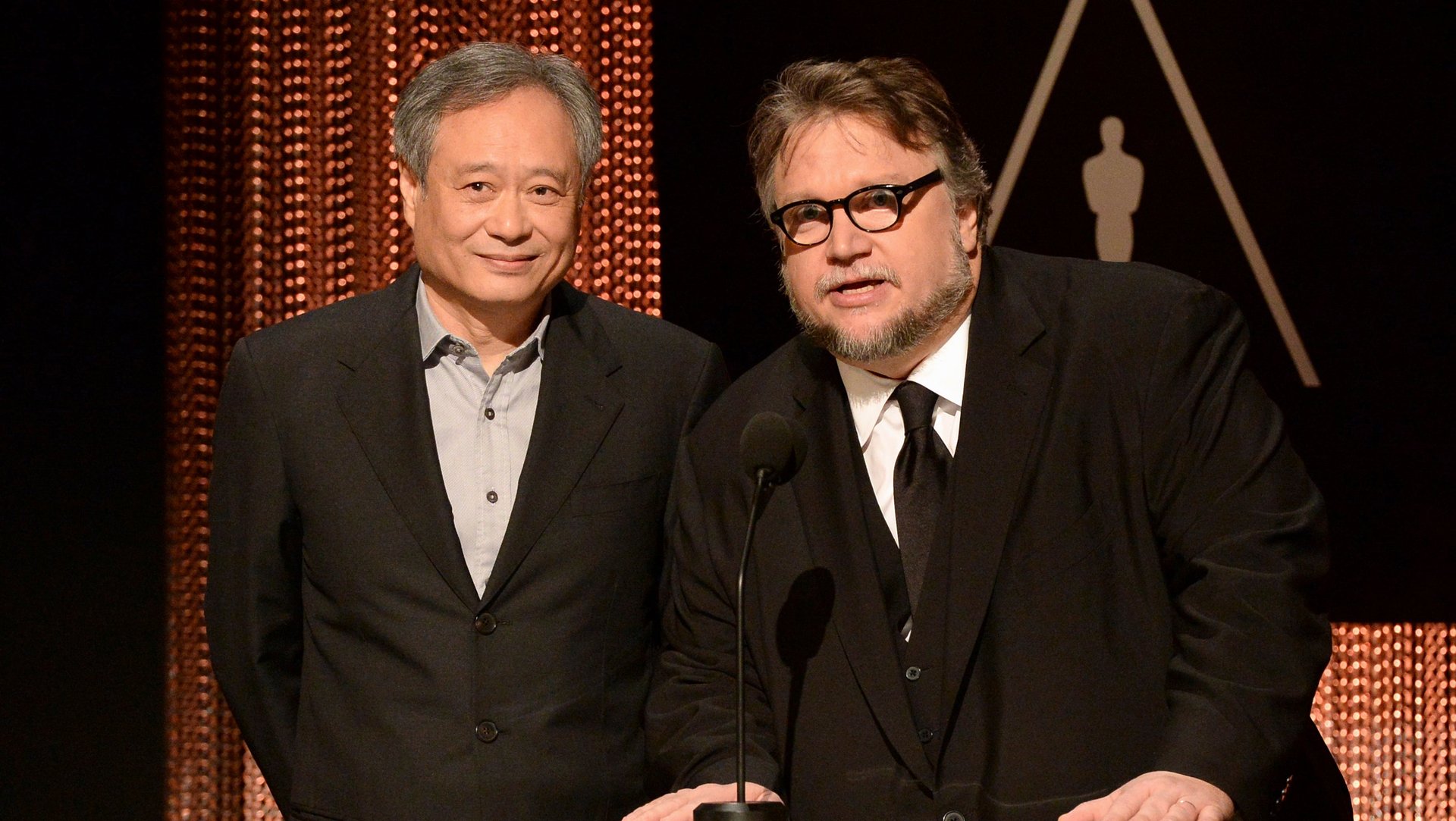Snubbing black actors won’t do the Oscars’ TV ratings any favors
Spike Lee and Jada Pinkett-Smith are boycotting this year’s Oscar ceremony, in protest of Academy’s failure to nominate any black actors. This is the second year in a row that the Academy of Motion Picture Arts and Sciences, which selects Oscar winners and nominees, has ignored African-American artists.


Spike Lee and Jada Pinkett-Smith are boycotting this year’s Oscar ceremony, in protest of Academy’s failure to nominate any black actors. This is the second year in a row that the Academy of Motion Picture Arts and Sciences, which selects Oscar winners and nominees, has ignored African-American artists.
Actress Pinkett-Smith, whose husband Will Smith was not recognized this year for his role in Concussion, told fans that she would skip the February Oscar ceremony in a Jan. 18 Facebook video. Legendary director Spike Lee, who received an honorary Oscar in Nov. 2015, used Instagram to announce that he would not attend the awards ceremony. He captioned a picture of Martin Luther King Jr. with an explanation that quoted the legendary civil rights leader:
“There Comes A Time When One Must Take A Position That Is Neither Safe, Nor Politic, Nor Popular But He Must Take It Because Conscience Tells Him It’s Right.”
According to Twitter analytics site hashtracking.com, #oscarssowhite has been used in over 240,000 tweets in the past 30 days. The tag #oscarsstillsowhite has been used in almost 7,000 tweets in the same period of time, while #oscarsboycott spiked from 20 uses to over 1,000 uses since Pinkett-Smith and Lee made their announcements.
Reviewing a decade of Oscar viewership data from Nielsen, Quartz found that the number of black viewers who tune in to the Oscars is directly related to the number of African-American nominees in the top seven categories—lead actor, lead actress, supporting actor, supporting actress, directing, writing (original and adaptation).
The data also shows that while black viewers make up only two to five million of Oscar viewers each year, their number fluctuates more than that of white and Hispanic viewers, and thus directly affects overall viewership.
Like a presidential candidate, the Academy must win over this “political middle” of African-American viewers to secure good television ratings. In a tweet following the announcements of Pinkett-Smith and Lee on Monday, Academy President Cheryl Boone Isaacs called for “big changes” and pledged to increase efforts to diversify the Academy’s membership, which is estimated to be 94% white.
Surprisingly, overall viewership is not correlated to the box office success of the films that are nominated. But the popularity of the Oscar ceremony host, in addition to the number of African-American nominees, does seem to matter.
Neil Patrick Harris, last year’s host, had 13.5 million Twitter followers in the month leading up to the show, while Ellen Degeneres, who hosted a highly-viewed Oscars in 2014, had 24 million followers prior to the broadcast. This year’s host, Chris Rock, has a comparatively meager 3.7 million followers on Twitter—but is popular with black viewers.
Rock, who hosted his first Oscar ceremony in 2005, tweeted calling the Oscars the “The White BET Awards” on Jan. 15, but has otherwise remained quiet on the lack of diversity in the nominations.
If Rock can overcome the lack of black nominees to save this year’s ratings, he’ll be one more black actor deserving of an Oscar nomination in 2016.
This post has been updated to include Quartz’s analysis of the Nielsen data. A previous version of this post cited the New York Time’s analysis of the same data.